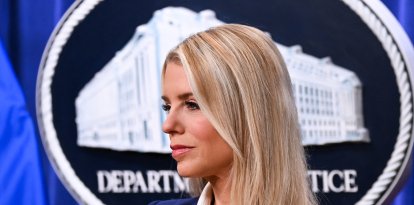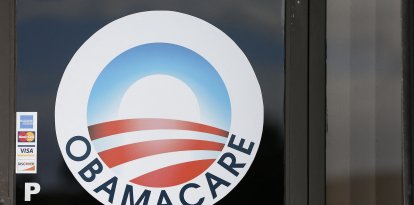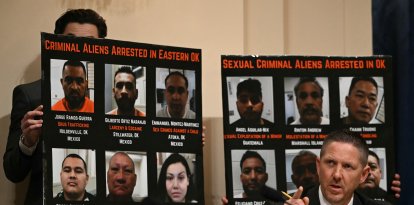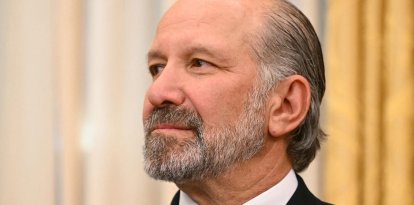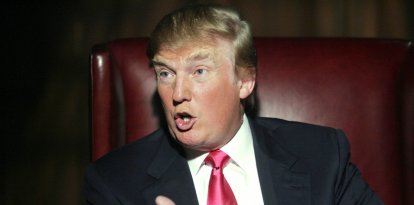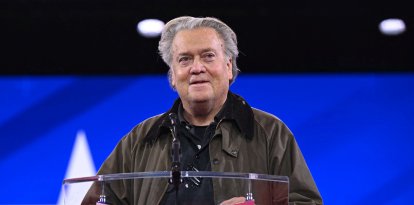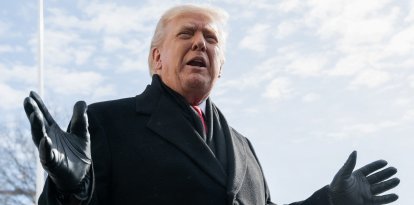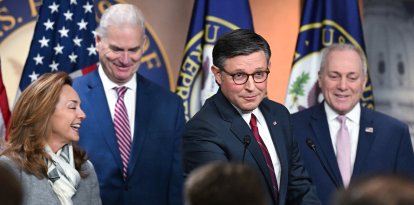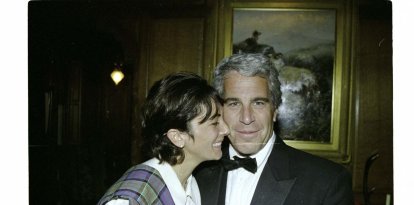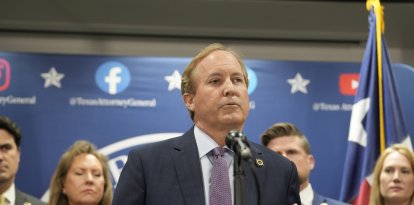Steve Bannon won't escape jail time: An appeals court refuses to delay his four-month sentence
The anchor and advisor to former President Trump faces punishment for contempt of Congress.

El aliado de Trump, Steve Bannon. (AFP)
This Thursday, June 20, a federal appeals court panel rejected prominent Donald Trump ally Steve Bannon's bid to stay out of prison until the Supreme Court reviews his contempt of Congress case.
It is now virtually a done deal that Bannon will report to prison next July 1 to begin serving his four-month sentence for contempt of Congress, as will another Trump trade advisor, Peter Navarro, who is already serving his separate sentence.
Bannon, specifically, faces punishment for defying a subpoena from the House committee investigating the Jan. 6 events on Capitol Hill and for refusing to provide documents related to his alleged involvement in Trump's efforts to overturn the results of the 2020 presidential election.
In early June, U.S. District Judge Carl Nichols, Trump's own nominee for the position, granted prosecutors' request to send Bannon to prison after a three-judge panel of the D.C. Circuit Court of Appeals upheld his conviction, the AP reported.
Subsequently, Bannon's lawyers asked the appeals court to allow his release while the case reached the Supreme Court if necessary. However, contrary to defense expectations, a 2-1 vote by the D.C. Circuit panel ruled that the anchor's case "does not warrant a departure from the general rule" that defendants begin serving their sentence after conviction.
The AP reviewed that Judges Cornelia Pillard, nominated by former President Barack Obama, and Bradley Garcia, nominated by President Joe Biden, voted in favor of Bannon beginning to serve his sentence.
In contrast, Judge Justin Walker, nominated by Trump, said the former president's advisor should not begin serving his sentence before the Supreme Court decides whether to take up his case.
Both Bannon's and Navarro's defenses claim that neither ignored the congressional subpoenas and thus did not enter into contempt. Both defenses argue that their clients relied on their counsel's legal advice, who believed neither Bannon nor Navarro could testify or produce documents because Trump had invoked executive privilege, a related issue still under review by the Supreme Court.













